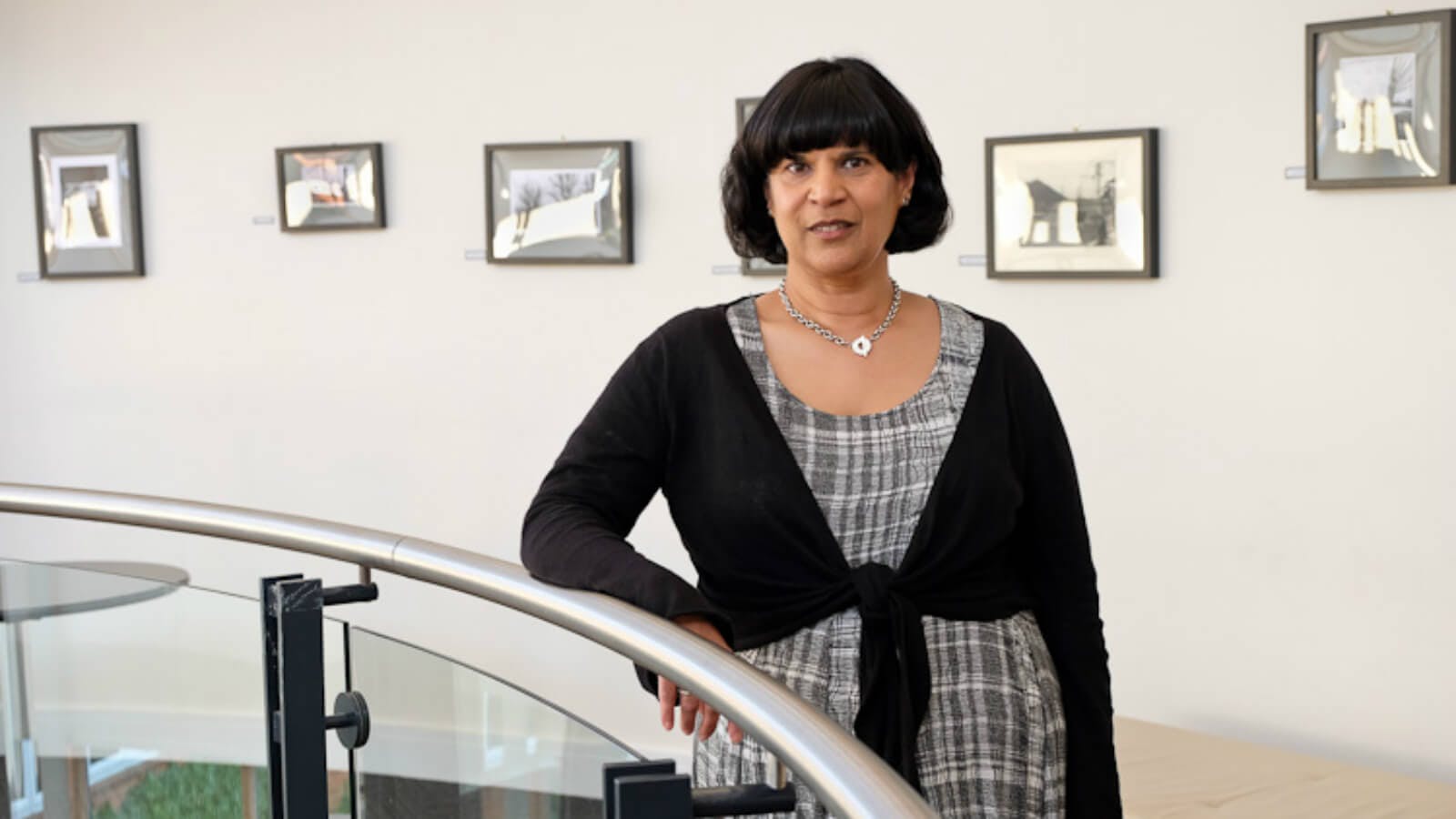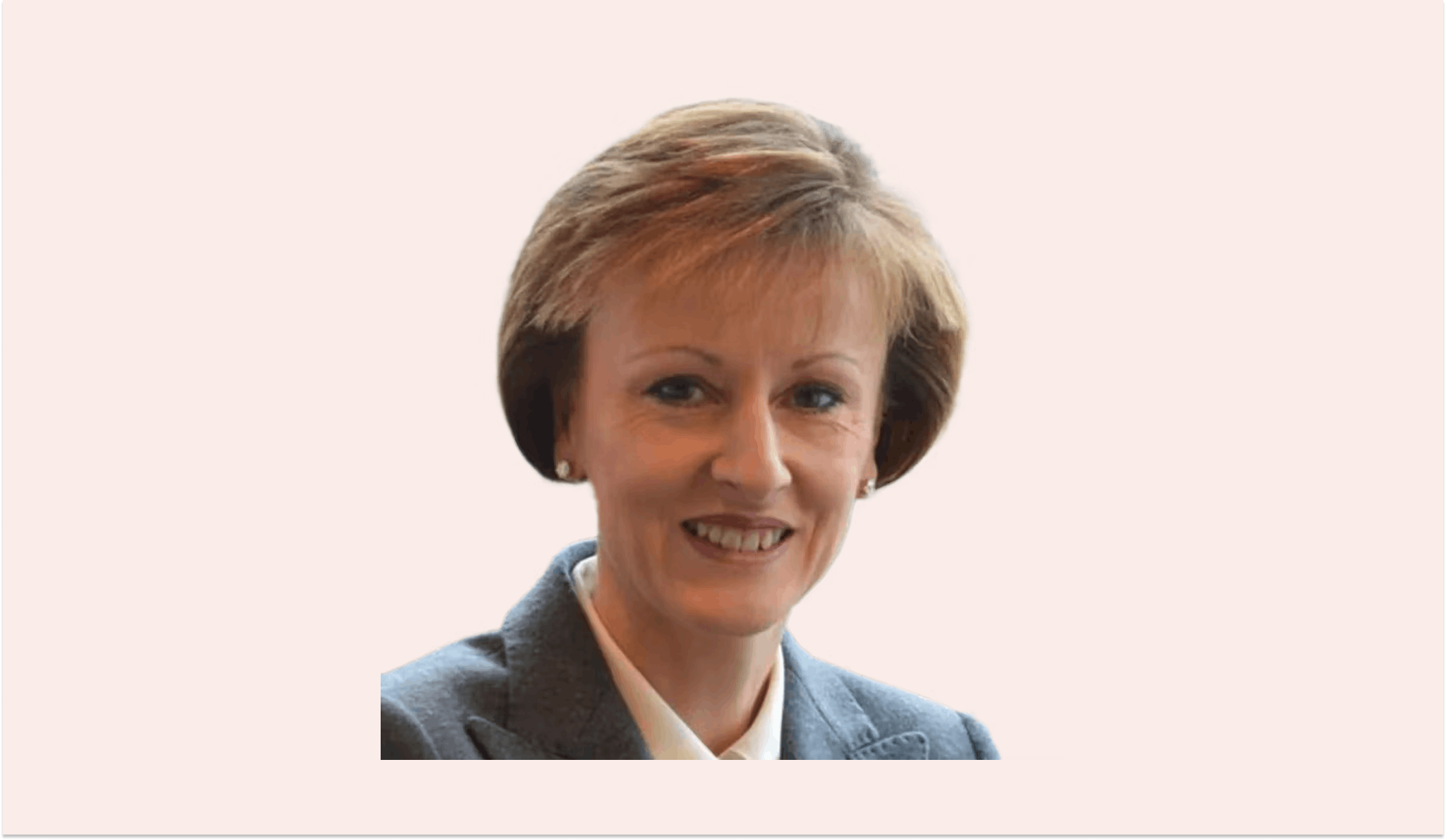
What does legal experience add to the board? | Dorothy Henderson, Almeida Theatre Trustee
Recently appointed trustee of The Almeida, Dorothy Henderson, talks about her Nurole experience, her greatest professional mistake and her advice to those looking at taking on a trustee role.
Dorothy Henderson was a partner in city law firm Travers Smith, where she was Head of Employment Law, a department she set up in 1992. Since retiring from private practice in 2010, Dorothy works as a part-time Judge in the Employment and also the Immigration & Asylum Tribunals. She is an Honorary Associate of her old college, Newnham, Cambridge, was on the College’s Fundraising Board and has been Chair of Governors at St Alban’s High School for Girls. In 2013, she obtained an MA in Shakespeare and Contemporary Performance from Birkbeck. Dorothy also works with Rare Recruitment, a specialist graduate diversity recruiter, assisting candidates from BAME groups and disadvantaged backgrounds with job applications for City institutions.
Through Nurole she has become a Trustee of The Almeida, the internationally acclaimed theatre.
What does a trustee with legal experience add to the board?
It’s not about the legal knowledge per se, though of course that sometimes plays a role. As a trustee you are not allowed to give legal advice but you can ensure the right questions are asked and that formal legal advice is taken at the appropriate time. On a board where it is easy to be side–tracked, given the number of parties around the table, having someone who can help to identify the key questions is invaluable, and brings out the best of everyone around the table. Having someone with legal experience on your board gives you exactly that; someone who is used to processing large amounts of detail and narrowing it down into the key questions.
What has characterised the best boards you have worked with?
From my experience as an employment lawyer in practice, the best boards find the balance between the profit imperative and social contract. For that, communication is key. Historically, employment law in the UK was called the “law of master and servant”, which speaks volumes about how the UK’s legal system views the employer/employee relationship. This is very different from the European model where the basis is “social partnership”.
Good boards recognise the need to explain the goals common to both management and employees, but also not to obscure the difficulties. Often I see the reverse play out in my role as a Judge at Employment Tribunals, where it is not infrequent to see each party understanding the other’s perspective for the first time because they never properly communicated before coming into the courtroom. Nine times out of ten, whatever the legal technicalities, the fundamental problem is lack of communication, which could be resolved if the parties could simply hear the other side’s views and motivation before they come to court.
However, it is easy to advocate increased communication as a theory – but it is a real challenge to achieve in practice. Employers often perceive this as a sign of weakness as they may have to acknowledge market uncertainty and/or poor results and fear that this may cause panic or low morale. There is clearly a balance to be struck.
Given your experience helping socially disadvantaged graduates become successes in the workplace, how can boards ensure their organisations are tapping into this talent pool?
Boards need to become more alive to diversity in its broadest senses - it is not just about gender or ethnicity but also about socio-economic parameters. Boards need to ensure that their organisations welcome (and seek out) candidates who do not necessarily look or sound the same as them and to recognise that such candidates, provided they have the required qualification standards and motivation, can add huge value through a fresh perspective and different approach. As regards my mentoring experience, the key issue is working with the candidates to nurture the legal and “soft” skills they will need to work in the pressurised, commercial environment that is the City, but without crushing what makes them different. It’s a difficult balance to strike - but it is highly rewarding when it works.
What advice would you offer to those considering taking on a trustee position?
You have to have a genuine interest in or passion for the aims of the organisation. My board roles with The Almeida, Newnham and St Albans High School are all about passion – I was never at the school but I am passionate about female education and also about theatre. Given the amount of time you have to commit, you have to care about what the organisation is doing or your contribution will be flat.
It’s also important not to underestimate the skills you have. As a solicitor, I focussed on my legal skills but I soon realised that, in fact, I could offer much more: critical things like being able to run a meeting; extrapolating the key questions so that time is not wasted on irrelevant discussions; being able to manage people and negotiations, which are key skills to running a business (and working with clients).
What’s the best professional advice you have ever received?
Two of the key lessons I have picked up over time are:
- “Be true to yourself” - trust your instincts and pursue what you enjoy and where your skills lie – it is vital for a healthy, happy career. If you are doing something you do not enjoy/are not interested in then you face stress, especially when under pressure, and that is when things can go really wrong.
- Being a professional is knowing exactly what behaviour/conduct is appropriate at any given time. For some people this comes naturally, but for most it is something we have to learn.
When have you got it most wrong professionally and what did you learn?
As a junior solicitor in the mid-eighties I had to visit Sir Nicholas Goodison, who was then Chairman of the London Stock Exchange to get some important papers signed. I was invited into his office which was incredibly grand but I came crashing back to earth when I opened the briefcase in front of him and found I had forgotten to pack the papers! Fortunately, he was charming, but the key lesson learned was to prepare, prepare, prepare and then double-check!
Your Nurole Experience
How did you hear about Nurole?
A friend (whom I have known since I was six!) recommended me after seeing the Almeida advert which she knew was my dream role.
How have you found the experience as a member?
I am completely un-technological but found the whole system very easy. It didn’t take long, was user-friendly and accessible.
How would you explain what Nurole does in one sentence to someone who doesn’t know it?
It’s a useful platform that pulls together in one place many different opportunities, so that in one shot you can have a look at a whole range of roles rather than searching through a wide network.
About You - 10 Question Quick Fire
3 words the person who has worked most with you would use to characterise you?
Questioning, demanding, fair.
Favourite book?
Persuasion, Jane Austen.
Favourite restaurant?
Moro, Exmouth Market.
Favourite quote?
“To thine own self be true, and it must follow, as the night the day, thou canst not then be false to any man” - Polonius in Shakespeare’s Hamlet.
Favourite holiday?
Riding and camping in Mongolia.
Greatest passion?
Theatre – in all its manifestations.
Favourite app?
Google Maps.
Professional achievement of which you are most proud?
Taking on the Immigration and Asylum chamber. It was not my specialist area of law and has been a great challenge.
When does your alarm go off and how many hours of sleep do you have on average?
Used to be 6:00am but now around 7:00am with a couple of snoozes (on working days). I don’t set the alarm on non-working days – what luxury! Average 7-7.5 hours’ sleep.
Best idea for a £10,000 investment?
A wheelie bag that doesn’t trip everyone up as you go – especially on the underground.
If you are looking for non-executive director roles, Nurole's innovative recruitment platform can help.






